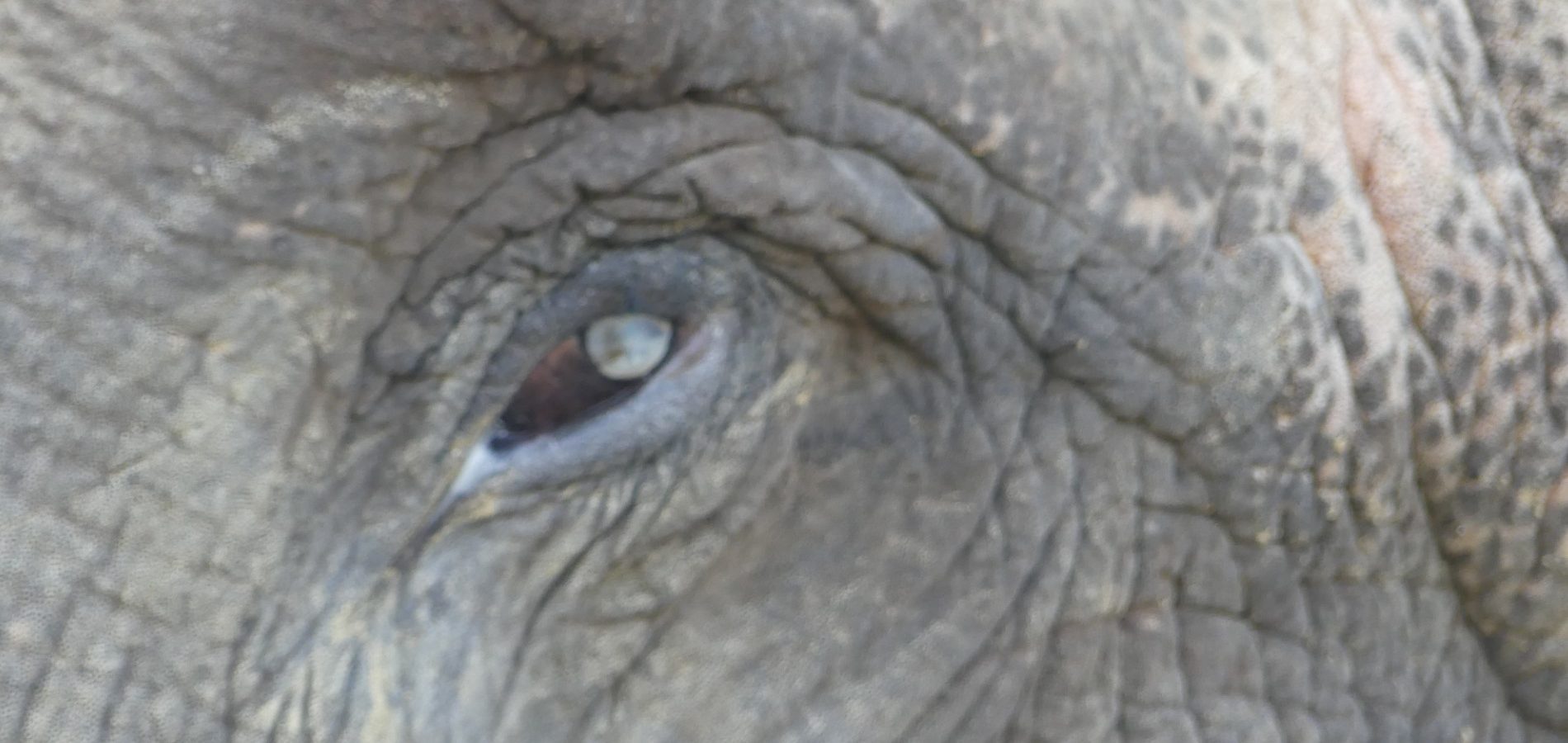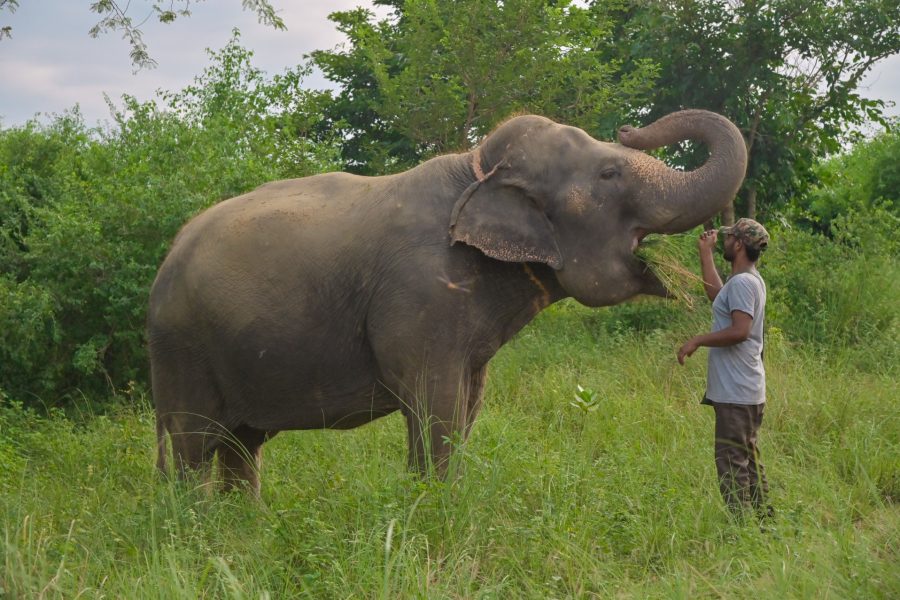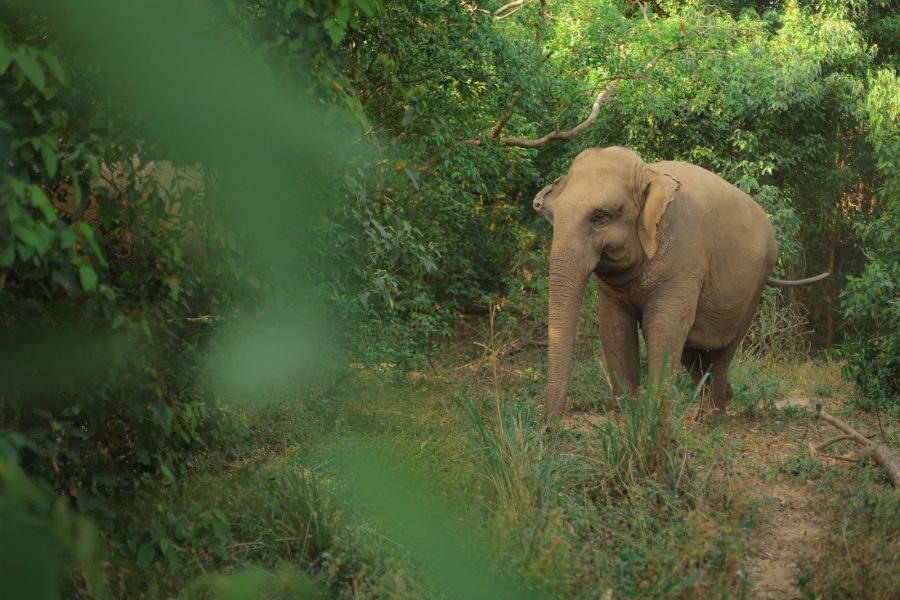There are countless reasons why you shouldn’t ride elephants. Here are just 5 of our top reasons why you shouldn’t ride an elephant. If you still aren’t convinced, please write to us at info@wildlifesos.org, and we will answer your questions.
- Elephants- in order to make them ready for humans to ride means they need to make them easy to control. An Asian elephant can weigh over 10,000 pounds. So, in order to make it so they are safe to be ridden, they have to go through a process that breaks their spirit. This process called phajaan- tortures the elephant so they eventually feel helpless against people and would never ‘protest’ against doing something that they don’t want to do. Imagine if you were sitting on a tired elephant who didn’t want to take you for a walk. Physically, they could easily grab you from their back and toss you a long distance. In order to ensure that this doesn’t happen, elephants are severely beaten so they never protest.
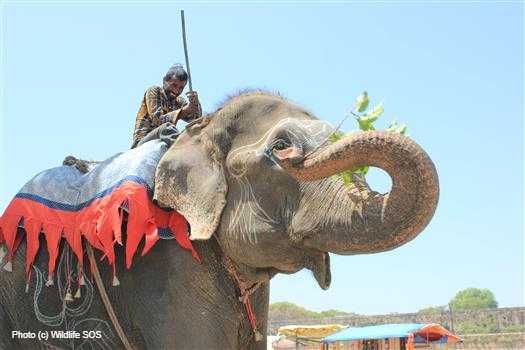
- Elephants are endangered and their wild numbers are dwindling. In India, almost all of the elephants you see giving rides were once wild elephants. So, as long as people demand rides from elephants, there will be a ‘demand’ to trap elephants in the wild and sell them to traffickers who will sell them into captivity. If we are to save the Asian elephant, we need to do our part to protect every last one that is living in the wild.
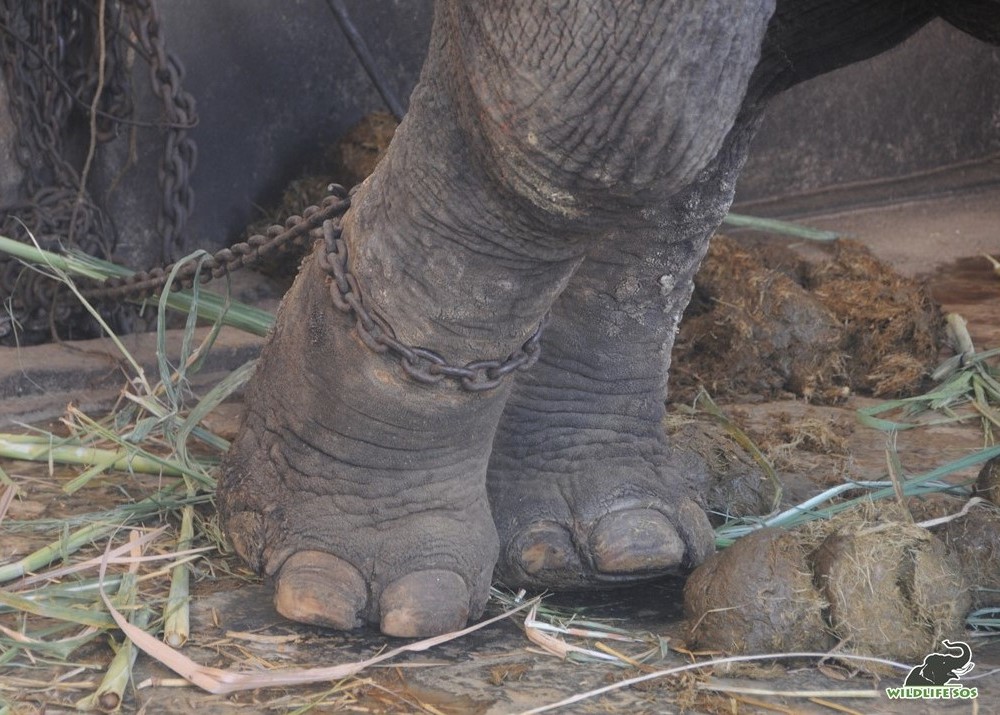
- The elephants that are used for riding have many disabilities and never get to retire. They are worked to the bone, till one day they simply give up and collapse. It doesn’t matter if the elephant is completely blind, has infected wounds or poorly healed fractures. That elephant costs the owner ‘money’ to feed and is expected to bring in as much of a profit as possible. It is not unusual for an elephant to work 20 hours a day.
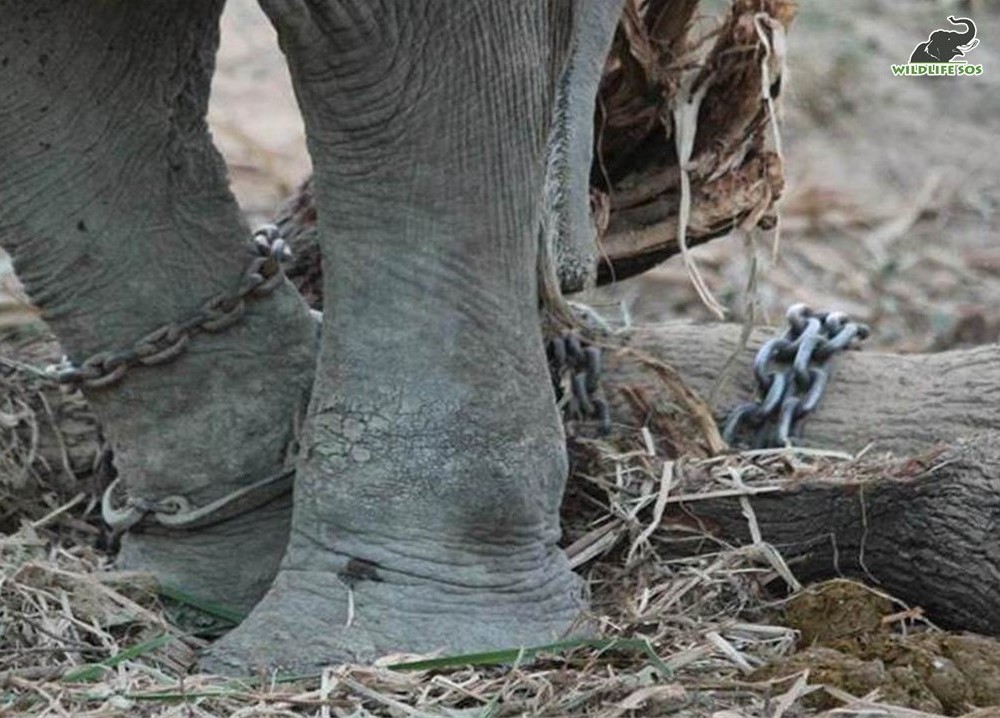
- Elephants do carry diseases that can be transferred to humans. One such contagious disease that is found in elephants throughout the world is Tuberculosis. Many of the elephants that are giving rides to people have tested positive for this disease. In some estimates, 1 out of every 10 elephants carries the disease. If you care about your own health or you are travelling with somebody with a compromised immune system, riding an elephant can be dangerous for your health.

- Although elephants are large and a human is a small per cent of their body weight, elephants are not physically designed to carry people and a howdah (a type of saddle) on their back. You might see many articles that say riding elephants does not hurt the elephants. However, this is false. Many of the riding elephants we have rescued have spine problems and terrible wounds on their backs from carrying heavy loads.
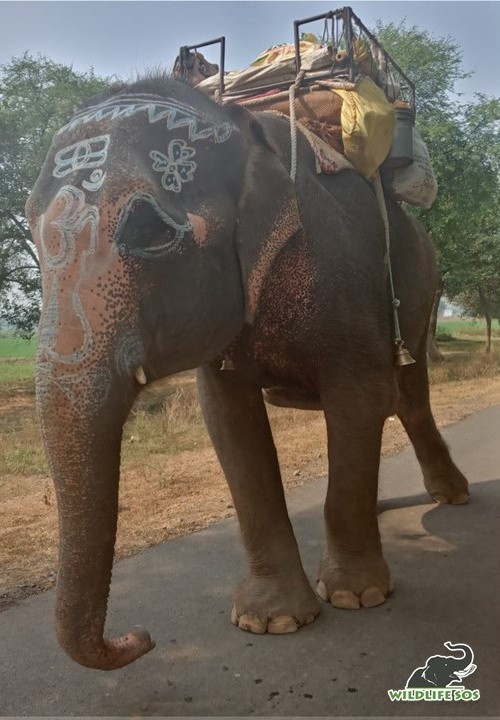
Ultimately, we understand that people around the world love elephants and are enamoured with them as we are. However, what really matters, in the end, is that we treat this majestic species with respect and kindness. Please keep this in mind the next time you plan your trip to a destination that offers such activities and remember to Refuse to Ride Elephants.
Sign the petition and pledge to play an important role in conservation efforts for elephants in the country!

